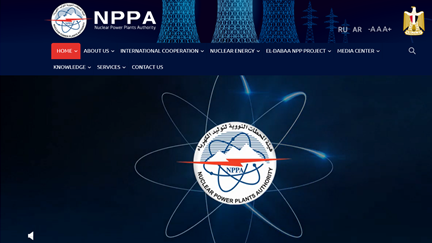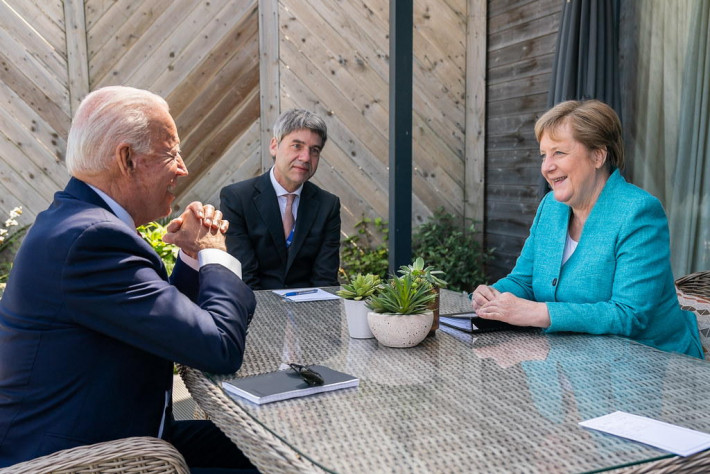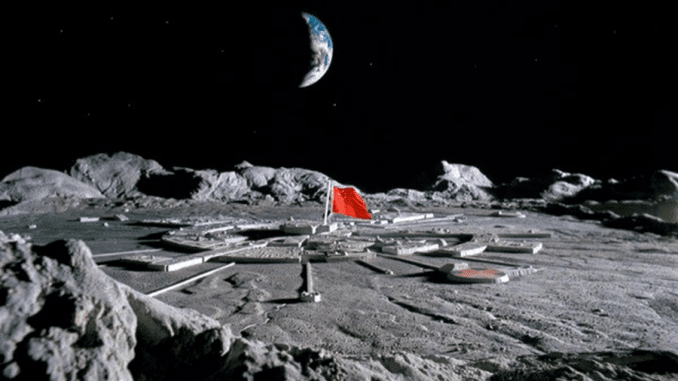July 22, 2021 (EIRNS)–Hesham Hegazy, head of the nuclear fuel sector at Egypt’s Nuclear Power Plants Authority NPPA, has recently revealed that the Egyptian nuclear program is not limited to the construction of the Dabaa nuclear power plant, as the country seeks to build more nuclear power plants on the north coast, Al-Monitor reports.
Jamal al-Qalyubi, a professor of petroleum and energy engineering at the American University of Cairo, told Al-Monitor that the Egyptian state has been working since 2015 on a strategy to diversify its energy sources to address future challenges. He said that since the 1960s, Egypt has been heavily reliant on nonrenewable energy sources from hydrocarbons, such as petroleum, diesel and, more recently, natural gas. But the country is now looking to replace the plants that produce electricity via hydrocarbons with ones that rely on so-called renewable energy, in the framework of the Sustainable Development Strategy of Egypt Vision 2030, he said.
Qalyubi noted that nuclear energy is essential for Egypt, and that the state is seeking to have an educational and applied influence in this regard instead of only importing foreign technology. He added that nuclear reactors are beneficial not only in terms of power generation but also in terms of seawater desalination and the production of radioactive isotopes, which ultimately benefit Egypt’s industry.
He expects more Egyptian companies to contribute 20% to the construction of the new nuclear stations; local companies have already contributed 20% to the construction of the first unit of the Dabaa nuclear plant. These companies have managed to participate in the Dabaa project as they received training at the Dabaa Nuclear School in Matrouh governorate (west of Cairo), while educational missions are being sent to Russia, Qalyubi said, adding that such steps help promote Egypt’s local nuclear industry.
Former NPPA deputy head Ali Abdel Nabi told Al-Monitor over the phone, “The Egyptian government’s energy mix plan seeks to have the nuclear plants’ electricity generation to account for about 20% of the total production in Egypt by 2035.” He said, “Reaching this percentage requires the establishment of more nuclear plants, in addition to the Dabaa plant, which only produces 4,800 MW, or nearly 3% of the total electricity production.”
Abdel Nabi explained that one of the goals behind the establishment of nuclear plants in Egypt is the transfer and localization of the manufacturing technology into Egyptian factories, increasing their contribution to the manufacture of new plants to more than 50%.
“Nuclear plants provide electricity in much greater proportion than plants powered by gas or renewable energy such as wind, as these plants operate at 93% of the number of hours per year, compared to 27% for renewable energy plants and 56% for gas plants. In other words, nuclear plants serve the sustainable development goals better,” he noted.
Abdel Nabi pointed out that nuclear power plants are first-class investment projects, as they cover their costs within only 15 years of operation, and that their life span ranges from 60 to 100 years, which ensures greater benefit, unlike plants powered by gas, petroleum, and renewable energy, which operate for 25 years at most.

















